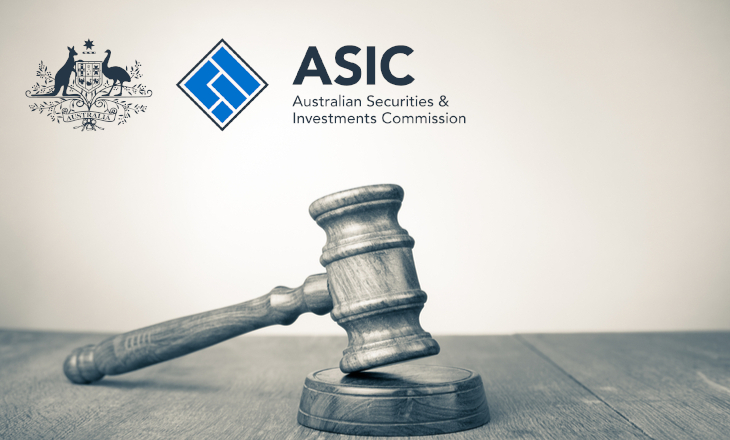The Australian Securities and Exchange Commission (ASIC) today published updated regulatory guidance on the prohibition of hawking financial products. The new ban of the retail sale of unsolicited financial products will take effect on 5 October 2021.
The new regulatory move follows recommendations of the Royal Commission into Misconduct in the Banking, Superannuation and Financial Services Industry. The new guidelines aim to address and deal with consumer harms which comes from unwanted products offered through cold-calls or other unsolicited contact.
The new ban will prohibit the offering of a financial products to retail clients through an unsolicited contact. ASIC highlighted the importance of the consent of a consumer being “positive, voluntary and clear.”
ASIC Deputy Chair Karen Chester commented:
These changes put in place fairness protections, so consumers are not sold products they don’t want or don’t need. The restrictions mean consumer needs will be central to how firms offer products.
Chester continued:
The new hawking prohibition addresses long held concerns about poor consumer outcomes from unsolicited sales of financial products. ASIC’s 2018 review of unsolicited life insurance sales calls revealed poor sales conduct and poor consumer outcomes, with 40% of consumers feeling under pressure to buy a product. This led to recent criminal proceedings for the hawking of life insurance, and to date ASIC has helped secure over $250 million in consumer remediation for consumer credit insurance and life insurance.
Chester went on to say that this reform by the government will allow consumers control how and when products are offered, instead of feeling pressured to make quick decisions.
The new regulation will also allow ASIC to deal with poor conduct by firms where consumers are pressured into products that are not right for them.
The new update provides the financial industry with clarity on ow they can comply with the regulation and how the reforms affect commercial practices.
Earlier this year, ASIC imposed restriction on CFD trading. In March, the regulator lowered the maximum leverage limit from 500:1 to 30:1.
The Aussie watchdog also banned the sale of Binary Options to retail clients for 18 months in May this year, after which time it may be extended or made permanent.
